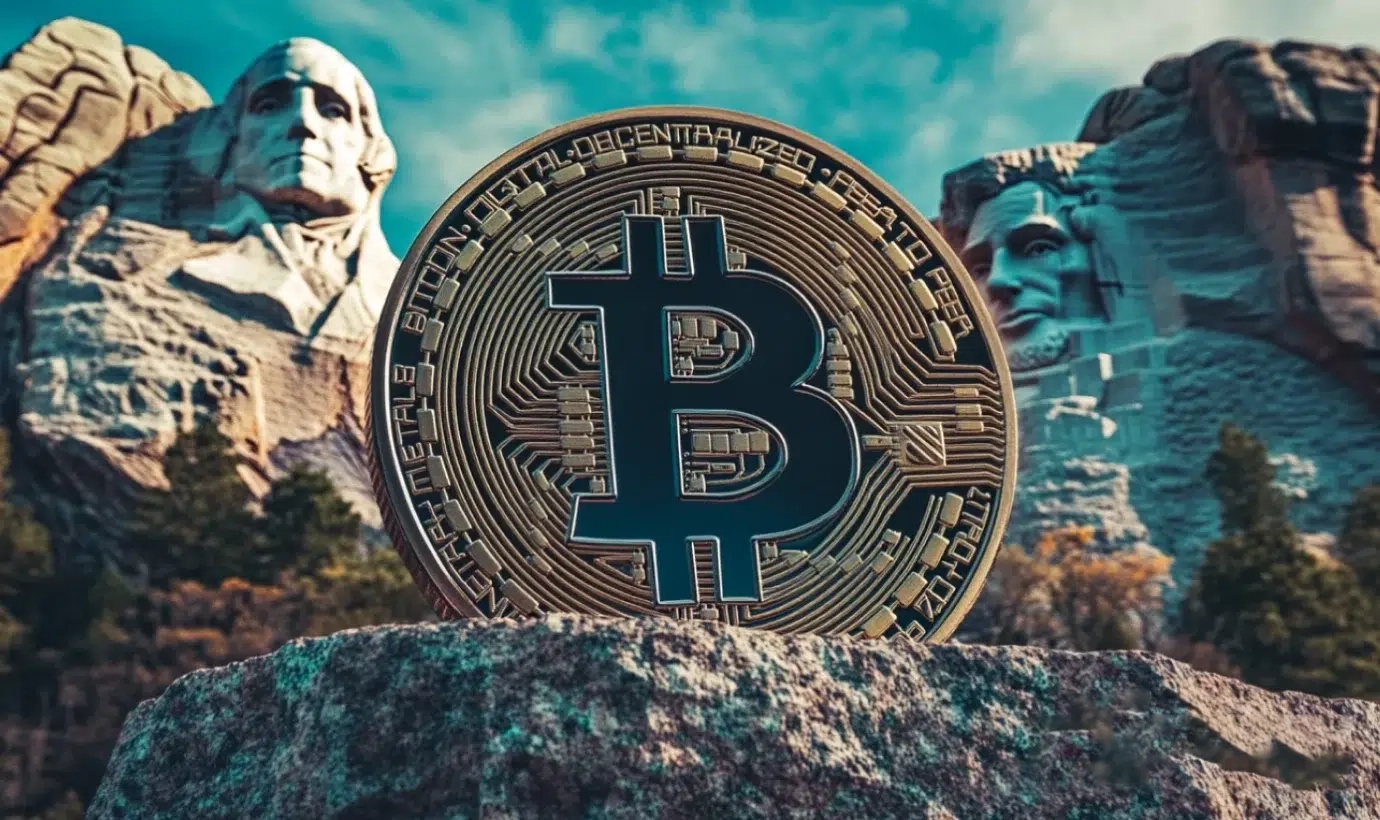
Coinbase has found itself in another legal battle, this time with BiT Global. The dispute centers around Coinbase’s decision to delist wrapped Bitcoin (wBTC) from its U.S.-based exchange. BiT Global isn’t taking this lightly and has launched a $1 billion lawsuit. They claim the delisting is illegal and harmful to the token’s economics.
But Coinbase fired back, rejecting these allegations as groundless. Their argument? No legal duty forces them to engage with entities they deem risky, especially those tied to controversial figures like Justin Sun. Amidst this clash, Coinbase insists its decision was based on solid risk assessments aimed at protecting its platform and user base.
The Lawsuit Drama
BiT Global has taken Coinbase to court, seeking $1 billion in damages and a stop to the delisting of wBTC. They argue that removing wBTC from Coinbase is illegal and harmful to the economy of the token. Furthermore, they allege it breaches antitrust laws by launching cbBTC, which could lead to a monopoly.
Coinbase’s Defense
Coinbase underlines that BiT Global’s lawsuit lacks urgency. They sat on their claims for nearly a month before taking legal action. The exchange points out that most wBTC transactions don’t even occur on their platform, downplaying the supposed harm of the delisting.
Concerns About Justin Sun
By reconsidering wBTC, Coinbase says it’s making a smart choice to shield itself and its clients. They argue that potential risks linked to Justin Sun justify their actions. Their focus remains on maintaining a secure environment for their users.
Financial Impacts and Legal Ground
Coinbase also referenced California’s Unfair Competition Law, noting it doesn’t apply here. They maintain that removing wBTC aligns with existing standards and ensure platform integrity. It’s a corporate decision, not a legal obligation.
Response from the Crypto Community
Meanwhile, some crypto enthusiasts argue that this situation points to broader issues within the tokenized asset market. As it grows, similar disputes over asset control and listing criteria may become more frequent.
Coinbase’s Business Choices
Industry watchers consider Coinbase’s move a proactive measure. By setting stringent standards, they reinforce their reputation as a cautious and reliable platform. It serves as a message to the crypto industry: careful evaluation and compliance are crucial.
Future Implications of the Lawsuit
Wrapped assets like wBTC are popular in the digital market, but they come with their challenges. The outcome here could influence other exchanges facing similar situations. They might rethink their listing policies to avoid legal pitfalls.
Public Perception and Market Reactions
BiT Global’s accusations have fueled debates about exchange responsibilities. Should exchanges prioritize platform safety over listing a broader array of assets? It’s a question that continues to resonate with traders and regulators alike.
Debate Over Exchange Autonomy
Coinbase’s stance raises questions about how much autonomy exchanges should have in selecting their business partners. While regulations loom, the freedom to make such choices is crucial for operational safety.

Coinbase and BiT Global’s courtroom conflict is more than just a lawsuit. It’s a battle over what role exchanges should play in the crypto ecosystem. The legal outcome could steer how digital assets are handled moving forward.





